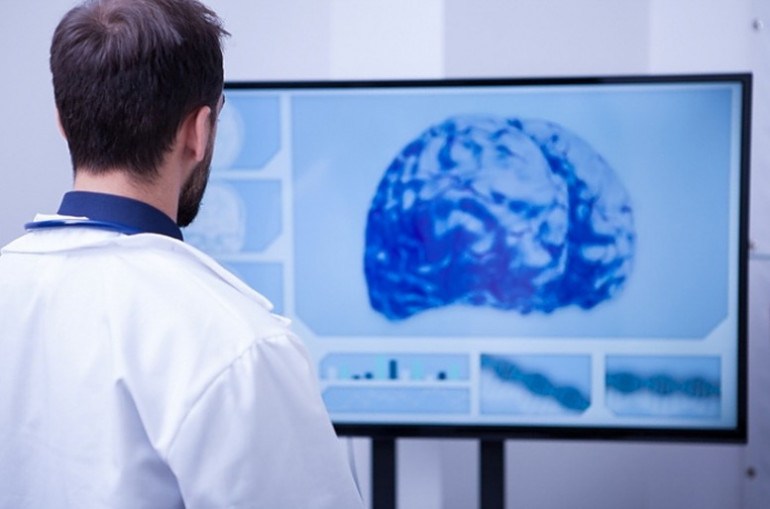The massive impact of the COVID-19 pandemic on mental health has made it even more urgent to invest and act in the brain health domain according to EBRAINS, a new pan-European digital research infrastructure built by the EU-funded Human Brain Project.
Already before the outbreak of COVID-19, a report by the United Nations General Assembly (December 2017) stated that progress in reducing the burden of non-communicable diseases, including neurological and psychiatric disorders, had been insufficient to meet the UN Sustainable Development Goal targets by 2030.
In Europe, as many as 179 million are affected by brain disorders, at the economic cost of over €800 billion per year. As populations are growing and ageing, innovation is required to develop effective prevention and treatment solutions.
Despite largescale research programs aimed at improving early diagnosis and treatments, science has made little progress in recent years, and no breakthrough has emerged to find a decisive cure for patients with brain-related disorders.
EBRAINS aims at filling this gap by providing the scientific community with cutting-edge brain data, innovative simulation and modelling tools, access to state-of-the-art computing platforms, and to the European High Performance computer network, enabling the processing of big data.
EBRAINS’ ambition is to enable brain research advances by offering an open state-of-the-art capability that fosters collaborative brain science and interdisciplinary approaches, and opens the way to ground-breaking discoveries.
Brain science is a complex and large field of research. The multidisciplinary approach enabled by EBRAINS aims to provide the tools necessary to support this complexity and transform how brain research is done.
Current research using some of the capacities of EBRAINS has already shown promising results. This is the case with epilepsy, for example, a condition which affects 50 million people worldwide. The team of Professor Viktor Jirsa, Director of Institut De Neurosciences des Systèmes of Aix-Marseille University, developed tool powered by EBRAINS to help neurosurgeons dealing with drug-resistant patients localise with high precision the area of the brain where epileptic seizure emerges.
Another example is that of blindness, which affects 40 million around the world. The research of Professor Pieter Roelfsema, Director of the Netherlands Institute for Neuroscience, on a brain prosthesis which could restore visual function, represents a major discovery. The research, which lays the foundations for a neuroprosthetic device, was also enabled by the capacity of the EBRAINS research infrastructure.
Professor Roelfsema will be one of the speakers at a webinar on Thursday (29 April) at 4 pm CEST organised by EBRAINS together with the Brussels Times.
The Brussels Times

